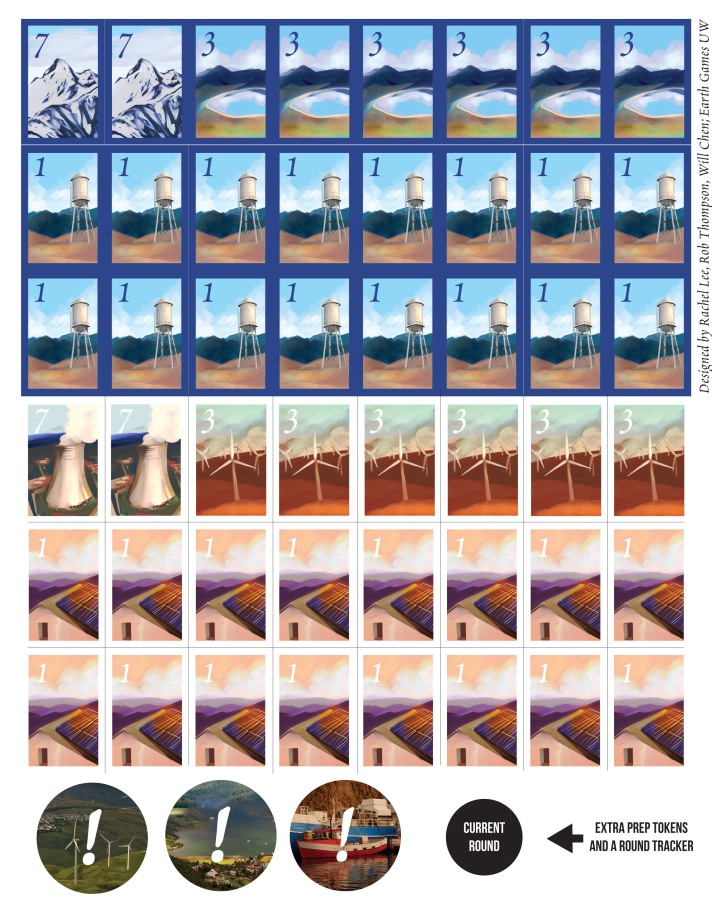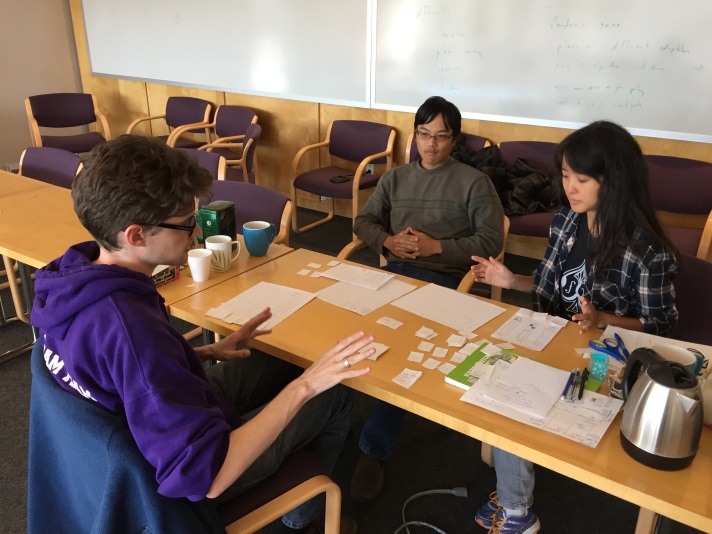At Earthgames, we’re always asking the question: Can games change the world? And we’re inviting you to help us find the answer!
Solving environmental problems and playing games may not seem compatible, but perhaps they can be. To find out, we’re planning a fun and inspiring evening called EarthGames “On Tap” at ImpactHub Seattle on Thursday, May 18 from 6 – 9PM. This event will bring together both UW researchers and local video game developers to spark collaborations on new games for change – specifically, video games that are good for people and the planet.
This creative and highly collaborative event is a first of its kind in Puget Sound and will leverage the interdisciplinary connections of the College of the Environment. It will consist of talks by devs and researchers working toward environmental, educational, and social change. We are also inviting devs from the region to submit games for consideration to be showcased at the event! All showcased games will be evaluated by a panel of expert judges who will be awarding valuable prizes.
We are currently curating a selection of 8-10 games who take inspiration from environmental themes or whose aim is to expand audience awareness for environmental issues. If interested, please email earthgamesuw@gmail.com with links to your game description, a trailer or play through video, and short bio about your studio and yourself.
Submission deadline is April 18th, 2017.








